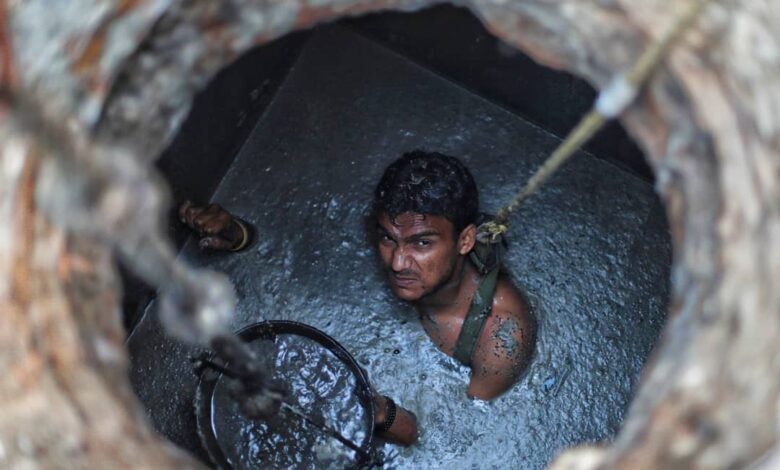The tragic reality of manual scavenging in India and fight for dignity
India is yet to find an alternative for manual scavenging despite its leaps in technology.

Since Independence, every government has tried to make different policies and adopt measures to end the practice of manual scavenging, a degrading and hazardous practice that requires a person to manually clean solid waste and human excrement from septic tanks. Historically, this practice has deep-rooted caste-based discrimination, with those people who come from a lower class generally forced into this dehumanizing occupation.
The Civil Rights Act of 1955, which protects anyone from being forced to do manual scavenging. The Employment of Manual Scavengers and Construction of Dry Latrines (Prohibition) Act of 1993, and again in 2013, the Prohibition of Employment as Manual Scavengers and Their Rehabilitation Act. The parliament has passed all these laws to reaffirm its commitment to eradicating manual scavenging.
While presenting the Union Budget on 1st February 2023, Finance Minister Nirmala Sitharaman said that all cities will switch to 100% mechanical sludging of septic tanks, putting an end to manual scavenging.
But it doesn’t seem to stop, from March 22 to April 26, 2023, eight people have lost their lives in Gujarat while cleaning sewers without any safety gear or harnesses. The only piece of equipment they are given is a bucket and a rope tied around their waist.
In a report given by National Commission for Safai Karamchari in 2020, 631 people lost their lives while cleaning sewers and septic tanks. This number went up to 941 in the year 2021, according to a report given by Virendra Kumar, the Minister for Social Justice and Empowerment.
This inaccuracy in the data provided raises a question regarding the actual number of deaths related to this degrading practice. There are still about 58,000 manual scavengers in India, most of them coming from socially backward classes, in times when technological developments are at an all-time high, such high numbers of people still involved in this practice seems unreal.



